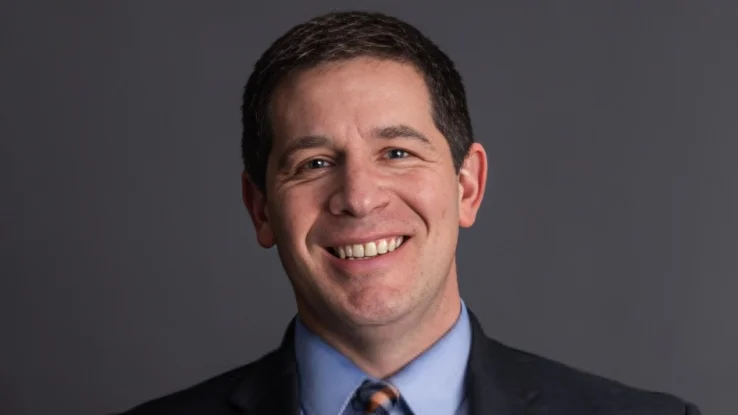
The administrative state has come under scrutiny for its expansive reach and influence over citizens' lives. A case in point is Bill Bright, a fisherman from Cape May, New Jersey. In 2020, the National Marine Fisheries Service (NMFS), a federal agency within the Department of Commerce, required Atlantic herring fishermen like Bright to cover the cost of government-appointed monitors on their boats. This mandate amounted to more than $700 per day, often exceeding the earnings of fishing captains.
The Cause of Action Institute, a nonprofit legal advocacy group focused on government oversight, filed a lawsuit challenging this requirement. They argued that Congress had not authorized such an imposition on herring fishermen. In June 2024, the Supreme Court ruled in favor of the fishermen, stating that the government had exceeded its authority.
The U.S. Constitution establishes three branches of government: legislative to make laws, executive to implement them, and judicial to interpret them. This separation aims to protect freedoms and ensure accountability. However, an unofficial "fourth branch," known as the administrative state, has emerged over time.
The number of federal agencies has increased significantly over the years. Forbes highlighted this issue in an article titled “How Many Federal Agencies Exist? We Can’t Drain The Swamp Until We Know.” Discrepancies exist even among official sources regarding how many agencies there are.
Beyond size concerns, these agencies often exceed their authority by reinterpreting legislation without congressional approval. Such actions undermine legislative power and reduce accountability as unelected officials impose rules affecting citizens directly.
To address these challenges posed by the administrative state's growth against constitutional governance principles like checks and balances—Americans for Prosperity developed Article I: A Playbook for Restoring Separation Powers—a guide aimed at empowering citizens against bureaucratic overreach while restoring elected representatives' power.
By implementing meaningful limits on administrative functions through congressional efforts outlined in this playbook—control can return back into Americans’ hands via their chosen representatives rather than unelected bureaucrats imposing unapproved regulations upon them directly impacting daily life activities nationwide today!